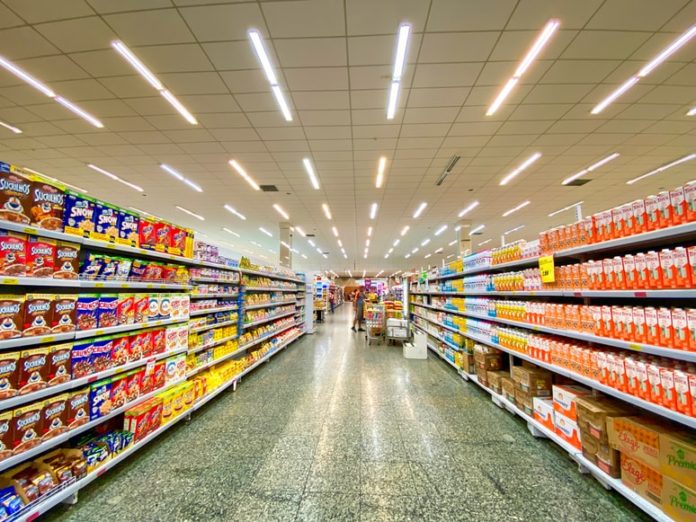What Is Microeconomics, Its Theories And Law Of Demand And Supply?
Microeconomics is that department of economics that studies the behaviour of individuals and firms within the economy and uses demand and supply as tools for analysing the decisions made by individual entities such as individuals, households and firms in the economy.
The study of microeconomics clarifies what are the implications of decisions and incentives especially about how the decisions and incentives affect the distribution and utilisation of resources and explain how and why different goods hold different values.
The study of microeconomics explains what choices people make in an economy, what leads people or influences them to make such choices and how the decisions made by people and enterprises affect the goods market by affecting the demand and supply chain and the price structure.
Microeconomics differs from macroeconomics as microeconomics studies individuals and firms whereas macroeconomics studies the sum total of economic activity, concerning employment, unemployment, inflation and national policies relating to these issues.
The impact of economic policies such as changing taxation levels are dealt under microeconomics.
Theories Of Microeconomics –
Consumer Demand Theory–
Consumer demand theory explains goods and services consumption preferences to consumption expenditure. This correlation paves way for consumers to achieve a balance between preferences and expenses, subject to budget constraints, by optimising utility.
Production Input Value Theory –
As per this theory, the price of any product is determined by the number of resources that are spent to create such a product or item. Cost shall include factors like land cost, labour cost and taxation.
Production Theory-
The production theory explains how businesses make decisions regarding the quantity of raw materials to be used and the quantity of items that are to be produced and sold. On one hand, it defines a relationship between the quantity of the commodities and production factors and on the other hand, it explains the price of the commodities and production factors.
Opportunity Cost Theory–
As per this theory, the value of the next best alternative available is the opportunity cost. It entirely depends on the valuation of the next best option and not on the number of options.
Price Theory-
Price theory is that part of economics that uses the structure of demand and supply to predict and explain human behaviour.
It is a theory that explains that the price/amount set for any specific service or good depends on the relationship between its demand and supply.
An important part of the study of microeconomics is committed to investigating on how prices are determined in a marketplace.
The interaction between the manufacturers and customers that leads to demand and supply within the marketplace is what formulates the price mechanism.





